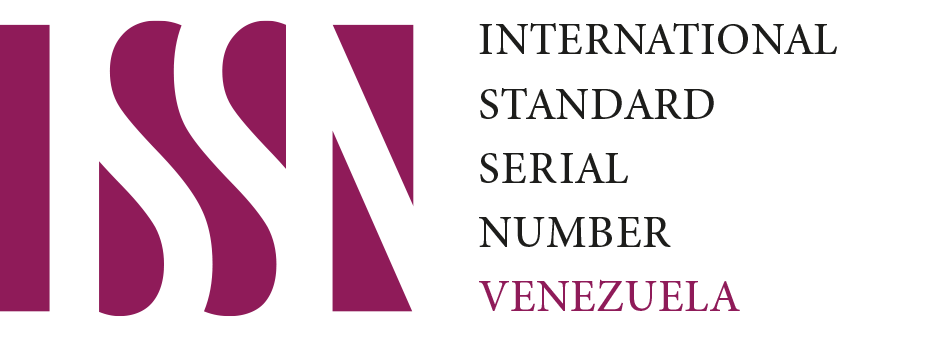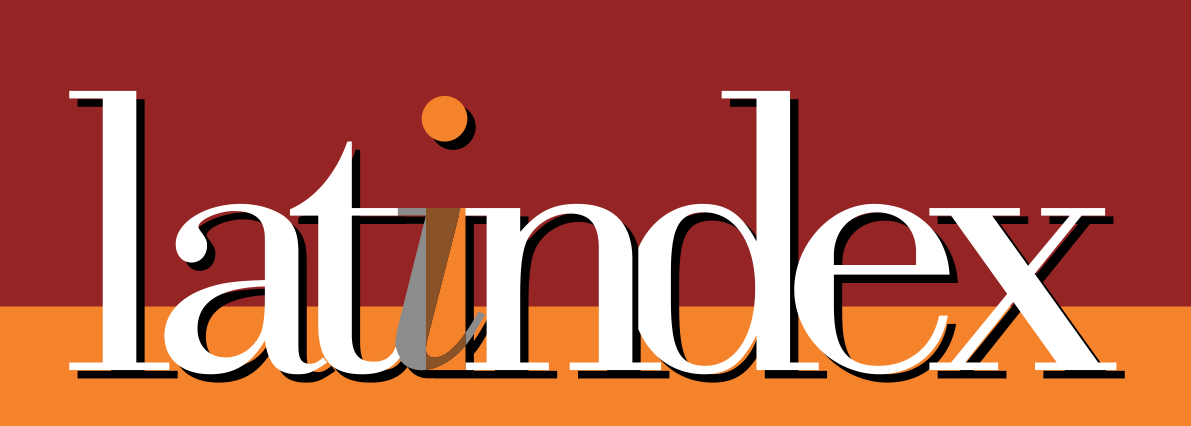Monitoring and academic support of higher education students using emerging technologies
DOI:
https://doi.org/10.61286/e-rms.v3i.194Keywords:
Academic support, Monitoring, Emerging technologies, Student retention, Academic successAbstract
This study explores the implementation of academic accompaniment programs for university students, using emerging technologies to improve retention and student success. Through a systematic analysis of articles indexed in Scopus, DOAJ, Scielo, Semantic Scholar and ProQuest, following the PRISMA guidelines, the methodologies and styles of academic accompaniment are examined, as well as the key factors affecting their effectiveness. The results indicate that the use of emerging technologies plays a crucial role in these programs, allowing individualization and adaptation to the personal interests of the students. The research underscores the importance of both formal and informal support styles and reveals predictors of academic success and dropout, emphasizing the need for flexible and timely responses to the conditions and challenges faced by students in today's university environment. Results suggest that appropriate integration of technologies and a student-centered approach can significantly influence institutional culture and policies, supporting at-risk students and ensuring their academic and personal success.
Downloads
References
Ariningpraja, R. T., & Wisnasari, S. (2023). Nursing students’ learning support, outcome, and satisfaction towards online learning. Journal of Nursing Science Update (JNSU), 11(1), 18–27. https://doi.org/10.21776/ub.jik.2023.011.01.3
Balderas, A., García-Mena, R. F., Huerta, M., Mora, N., & Dodero, J. M. (2023). Chatbot for communicating with university students in emergency situation. Heliyon, 9(9), e19517. https://doi.org/10.1016/j.heliyon.2023.e19517
Bornschlegl, M., & Caltabiano, N. J. (2022). Increasing accessibility to academic support in higher education for diverse student cohorts. Teaching and Learning Inquiry, 10,: 1-18. https://doi.org/10.20343/teachlearninqu.10.13
Broadbent, J., & Lodge, J. (2021). Use of live chat in higher education to support self-regulated help seeking behaviours: A comparison of online and blended learner perspectives. International Journal of Educational Technology in Higher Education, 18(17). https://doi.org/10.1186/s41239-021-00253-2
Contreras, L. E., Fuentes, H. J., & Rodríguez, J. I. (2020). Academic performance prediction by machine learning as a success/failure indicator for engineering students. Formación Universitaria, 13(5), 233–246. https://doi.org/10.4067/S0718-50062020000500233
Dollinger, M., Cox, S., Eaton, R., Vanderlelie, J., & Ridsdale, S. (2020). Investigating the usage and perceptions of third-party online learning support services for diverse students. Journal of Interactive Media in Education, 2020(1): 1-9. https://doi.org/10.5334/jime.555
Fong, C. J., Gonzales, C., Hill-Troglin Cox, C., & Shinn, H. B. (2023). Academic help-seeking and achievement of postsecondary students: A meta-analytic investigation. Journal of Educational Psychology, 115(1), 1–21. https://doi.org/10.1037/edu0000725
Fonseca-Grandón, G. R., Gabalán-Coello, J., & Vásquez-Rizo, F. E. (2022). Tipologías de estudiantes que permanecen y abandonan la universidad: Aproximación comprensiva desde el currículum y el proyecto de vida. Revista Virtual Universidad Católica del Norte, 65, 5–30. https://doi.org/10.35575/rvucn.n65a2
Gonzalez-Nucamendi, A., Noguez, J., Neri, L., Robledo-Rella, V., & García-Castelán, R. M. G. (2023). Predictive analytics study to determine undergraduate students at risk of dropout. Frontiers in Education, 8. https://doi.org/10.3389/feduc.2023.1244686
Govender, C. M. (2020). Hopes, challenges and goals—Voices of first-year at-risk higher education students in South Africa. South African Review of Sociology, 51(1), 55–69. https://doi.org/10.1080/21528586.2020.1806919
Haron, N. H., Mahmood, R., Amin, N. M., Ahmad, A., & Jantan, S. R. (2025). An artificial intelligence approach to monitor and predict student academic performance. Journal of Advanced Research in Applied Sciences and Engineering Technology, 44(1), 105–119. https://doi.org/10.37934/araset.44.1.105119
Hegde, V., & Prageeth, P. P. (2018). Higher education student dropout prediction and analysis through educational data mining. In 2018 2nd International Conference on Inventive Systems and Control (ICISC) (pp. 694–699). IEEE. https://doi.org/10.1109/ICISC.2018.8398887
Ho, D. M., & Nguyen, U. T. P. (2021). Social support, stress and life satisfaction of the first-year students in Tra Vinh University. The Scientific Journal of Tra Vinh University, 1(42), 47–60. https://doi.org/10.35382/18594816.1.42.2021.691
Kelly, A., Johnston, N., & Matthews, S. (2020). Online self-access learning support during the COVID-19 pandemic: An Australian university case study. SiSAL Journal, 11(3), 187–198. https://doi.org/10.37237/110307
Khan, I., Ahmad, A. R., Jabeur, N., & Mahdi, M. N. (2021). An artificial intelligence approach to monitor student performance and devise preventive measures. Smart Learning Environments, 8(1). https://doi.org/10.1186/s40561-021-00161-y
Leenknecht, M., Hompus, P., & van der Schaaf, M. (2019). Comportamiento de búsqueda de retroalimentación en la educación superior: La asociación con la orientación a objetivos de los estudiantes y el enfoque de aprendizaje profundo. Assessment & Evaluation in Higher Education, 44(7), 1069–1078. https://doi.org/10.1080/02602938.2019.1571161
Li, R., Che Hassan, N., & Saharuddin, N. (2023). College Student's Academic Help-Seeking Behavior: A Systematic Literature Review. Behavioral sciences (Basel, Switzerland), 13(8), 637. https://doi.org/10.3390/bs13080637
Marineo, F., & Shi, Q. (2018). Apoyar el éxito de los estudiantes en la experiencia del primer año: Instrucción bibliotecaria en el sistema de gestión del aprendizaje. Revista de Servicios Bibliotecarios y de Información en el Aprendizaje a Distancia, 13(1–2), 40–55. https://doi.org/10.1080/1533290X.2018.1499235
Morris, N. P., Ivancheva, M., Coop, T., Mogliacci, R., & Swinnerton, B. (2020). Negotiating growth of online education in higher education. International Journal of Educational Technology in Higher Education, 17(1), 48. https://doi.org/10.1186/s41239-020-00227-w
Page, M. J., McKenzie, J. E., Bossuyt, P. M., Boutron, I., Hoffmann, T. C., Mulrow, C. D., ... & Moher, D. (2021). The PRISMA 2020 statement: An updated guideline for reporting systematic reviews. The BMJ, 372, n71. https://doi.org/10.1136/bmj.n71
Payne, T., Muenks, K., & Aguayo, E. (2023). “Just because I am first gen doesn’t mean I’m not asking for help”: A thematic analysis of first-generation college students’ academic help-seeking behaviors. Journal of Diversity in Higher Education, 16(6), 792–803. https://doi.org/10.1037/dhe0000382
Rotar, O. (2022). Online student support: A framework for embedding support interventions into the online learning cycle. Research and Practice in Technology Enhanced Learning, 17(1),2. https://doi.org/10.1186/s41039-021-00178-4
Schmidt, B. J., Boero, P., & Méndez Vera, J. A. (2023). Factors influencing university dropouts: The case of a Chilean state university. Revista Portuguesa de Educação, 36(1), 1–22. https://doi.org/10.21814/rpe.23401
Sheldon, E., Simmonds-Buckley, M., Bone, C., Mascarenhas, T., Chan, N., Wincott, M., ... & Barkham, M. (2021). Prevalence and risk factors for mental health problems in university undergraduate students: A systematic review with meta-analysis. Journal of Affective Disorders, 287, 282–292. https://doi.org/10.1016/j.jad.2021.03.054
Shields, D. (2023). Predicting academic difficulty among first-semester college students. Journal of College Orientation, Transition, and Retention, 30(1), 1–21. https://doi.org/10.24926/jcotr.v30i1.4804
Walsh, C., Mital, A., Ratcliff, M., Yap, A., & Jamaleddine, Z. (2020). A public-private partnership to transform online education through high levels of academic student support. Australasian Journal of Educational Technology, 36(5), 30–45. https://doi.org/10.14742/ajet.6107
Wilson, G., McAuley, A., Ashton-Hay, S., & van Eyk, T. (2020). Just when I needed you most: Establishing on-demand learning support in a regional university. Australasian Journal of Educational Technology, 36(5), 46–57. https://doi.org/10.14742/ajet.6117

Published
How to Cite
Issue
Section
License
Copyright (c) 2025 Luis Enrique Félix Tipian, Alan Pier Muñoz Félix, Adriana Lorena Flores Arriola, Juan Carlos Cardenas Valverde

This work is licensed under a Creative Commons Attribution-NonCommercial-NoDerivatives 4.0 International License.
Las publicaciones en acceso abierto de e-RMS están protegidas por derechos reservados y se rigen por la Licencia Pública Creative Commons Attribution-NonCommercial-NoDerivatives 4.0 International (CC BY-NC-ND 4.0). Se permite el uso no comercial de este material, con atribuciones al autor. No se permiten derivados de esta versión.













